Retail
Streamlining Retail Operations with ERPNext.
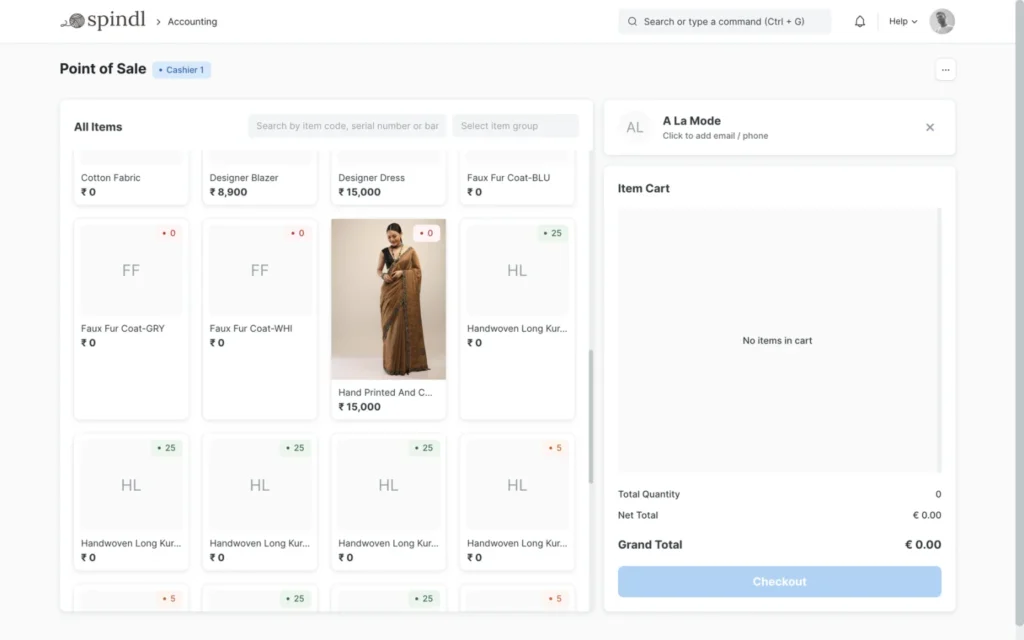
WHAT WE DO?
Enhancing Efficiency and Control
ERPNext is a versatile and comprehensive open-source Enterprise Resource Planning (ERP) software that can be effectively utilized in the retail industry. ERPNext offers a range of features that can streamline retail operations, enhance efficiency, and provide better control over various aspects of the business.
Point of Sale (POS)

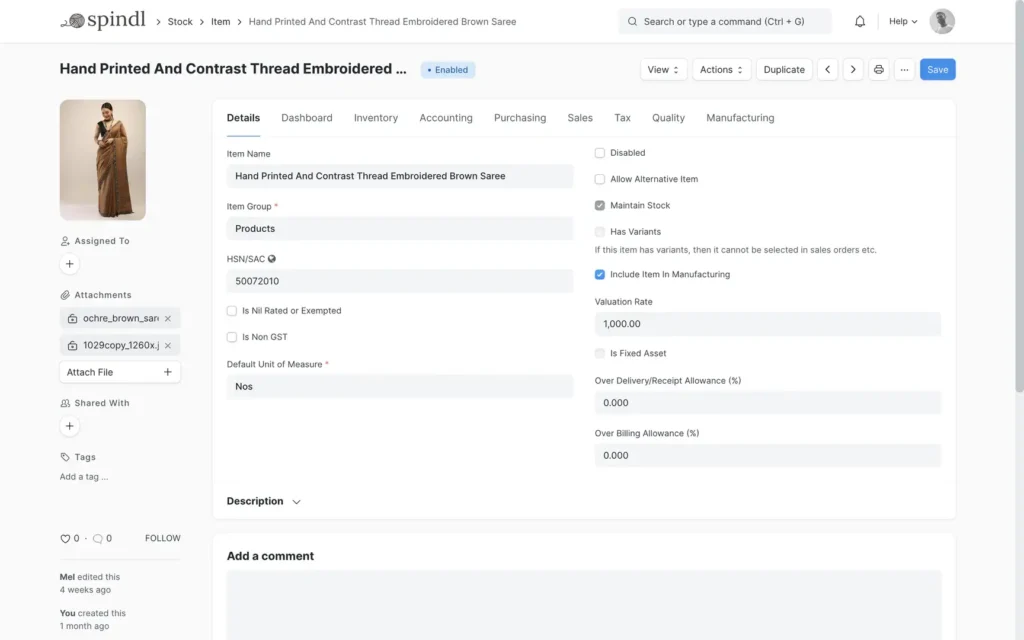
Inventory Management
ERPNext provides robust inventory management capabilities, allowing retailers to track stock levels, manage product variants, set reorder points, and generate reports on stock movements. This helps in maintaining optimal inventory levels, reducing stockouts, and improving overall inventory control.
Multi-Store Management
For retailers with multiple stores or outlets, ERPNext offers multi-store management features. It enables centralized control over inventory, pricing, promotions, and reporting across all locations, ensuring consistency and efficiency in operations.
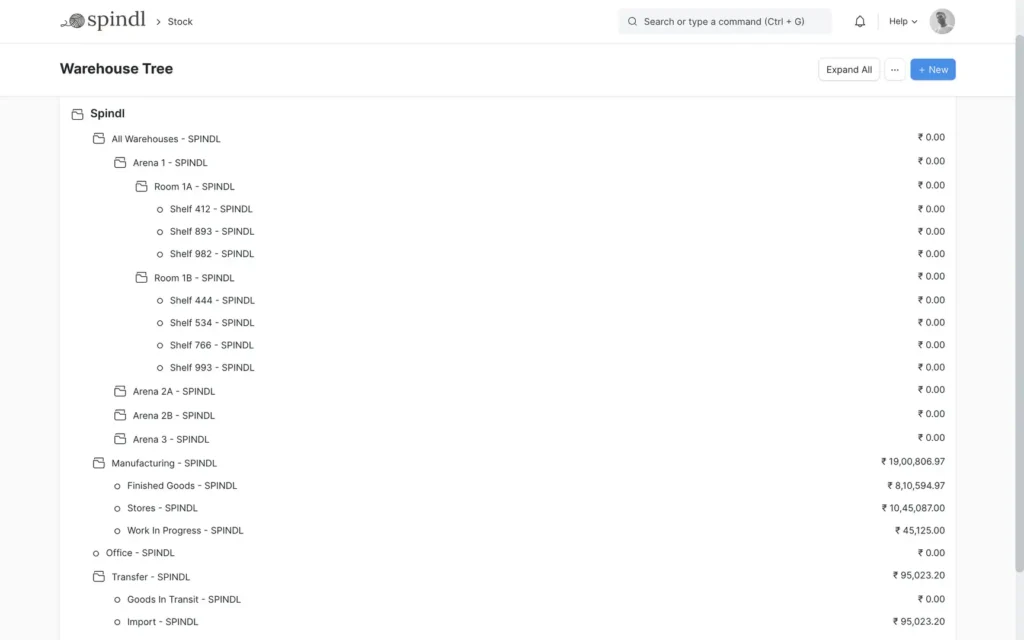
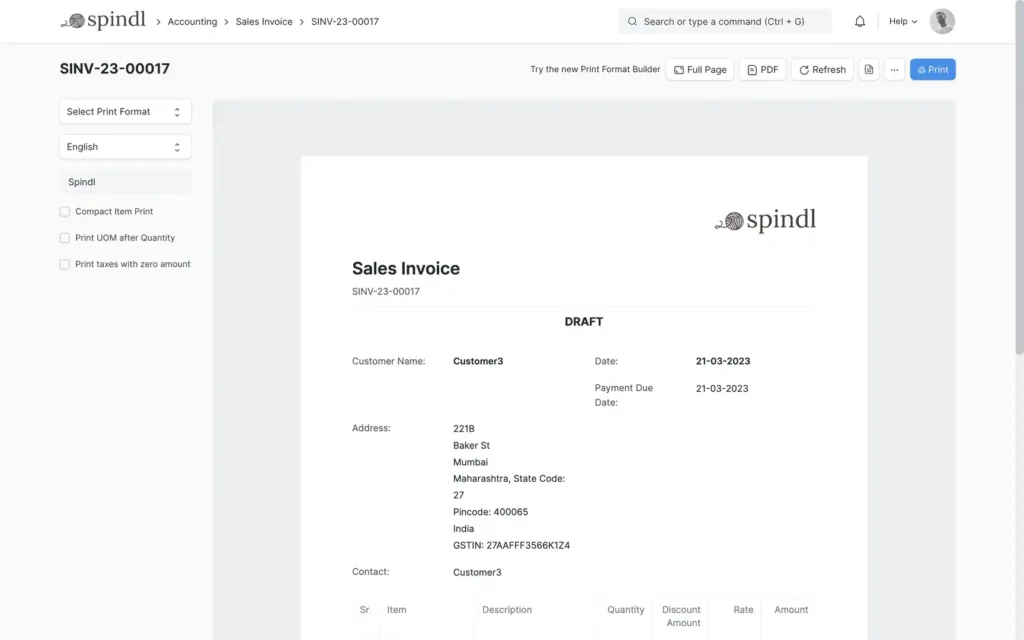
Billing And Pricing
With ERPNext, retailers can manage sales orders, create invoices, and track customer interactions. The system enables capturing customer details, managing credit limits, generating sales reports, and analyzing customer behavior. It facilitates efficient sales processes and enhances customer satisfaction.
Customer Acquisition & Loyalty
Manage your customers better in no time. It just takes a few minutes to set up loyalty programs and special pricing schemes. You can then maintain credit limits, view receivables and total billing, and analyze average customer revenue to make informed business decisions.
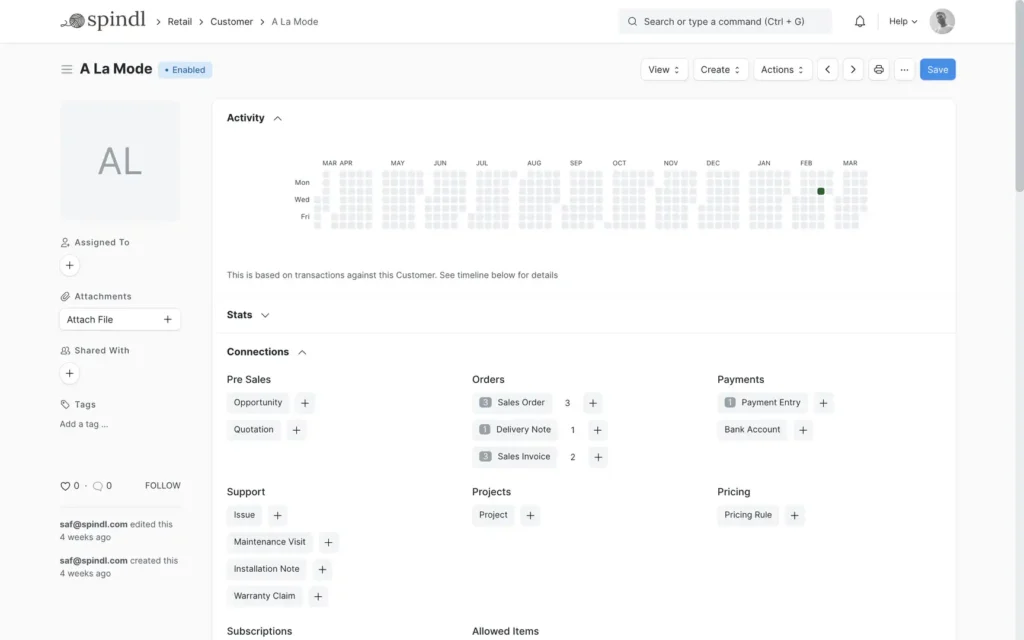
FAQ
Frequency Asked Question
ERP systems are crucial for the retail industry because they:
- Integrate all business processes into a single system, improving data accuracy and decision-making.
- Enhance inventory management, reducing stockouts and overstock situations.
- Improve customer service through better order management and faster response times.
- Provide real-time insights and analytics, aiding in strategic planning and market responsiveness.
Retail-specific ERP solutions in Saudi Arabia offer several benefits, including:
- Compliance with local regulations and VAT requirements.
- Support for multi-currency and multi-language transactions.
- Tailored features for local market needs, such as managing Saudi-specific retail formats and consumer preferences.
- Improved supply chain management and logistics tailored to the Saudi market.
A retail ERP system enhances inventory management by:
- Providing real-time visibility into stock levels across all locations.
- Automating reordering processes based on predefined thresholds.
- Reducing manual errors through automated data entry and tracking.
- Optimizing inventory levels to balance demand and supply efficiently.
Yes, many retail ERP systems include integrated CRM modules that:
- Track customer interactions and purchase history.
- Offer personalized marketing and promotions.
- Manage loyalty programs and customer feedback.
- Improve customer service by providing a 360-degree view of the customer.
Absolutely, modern retail ERP systems can seamlessly integrate with e-commerce platforms. This integration allows:
- Synchronization of online and offline sales channels.
- Real-time inventory updates across all platforms.
- Centralized management of orders, payments, and returns.
- Enhanced customer experiences with unified data across channels.
When selecting a retail ERP solution, consider the following factors:
- Local compliance and VAT support.
- Scalability to grow with your business.
- Customizability to meet specific business needs.
- User-friendly interface and ease of training for your staff.
- Strong vendor support and local presence for better service and troubleshooting.
The implementation timeline for a retail ERP system can vary based on the complexity of your business processes and the level of customization required. Typically, it can take anywhere from a few months to over a year. Working with experienced consultants and having a clear project plan can help expedite the process.
The costs of implementing a retail ERP system can vary widely depending on factors such as:
- The size and complexity of your business.
- The number of users and locations.
- Customization and integration requirements.
- Training and support services. It’s important to consider both upfront costs and ongoing maintenance fees when budgeting for an ERP system.
For more information or to schedule a consultation, you can contact our expert team at Beveren Software through our website or call us at [+966 59 2044 266]. We offer personalized solutions and detailed consultations to help you choose the best ERP system for your retail business.
Having a ZATCA-approved ERP system ensures that your retail business is compliant with local tax laws and regulations. This includes:
- Accurate calculation and reporting of VAT.
- Proper invoicing and record-keeping practices.
- Timely submission of tax returns.

